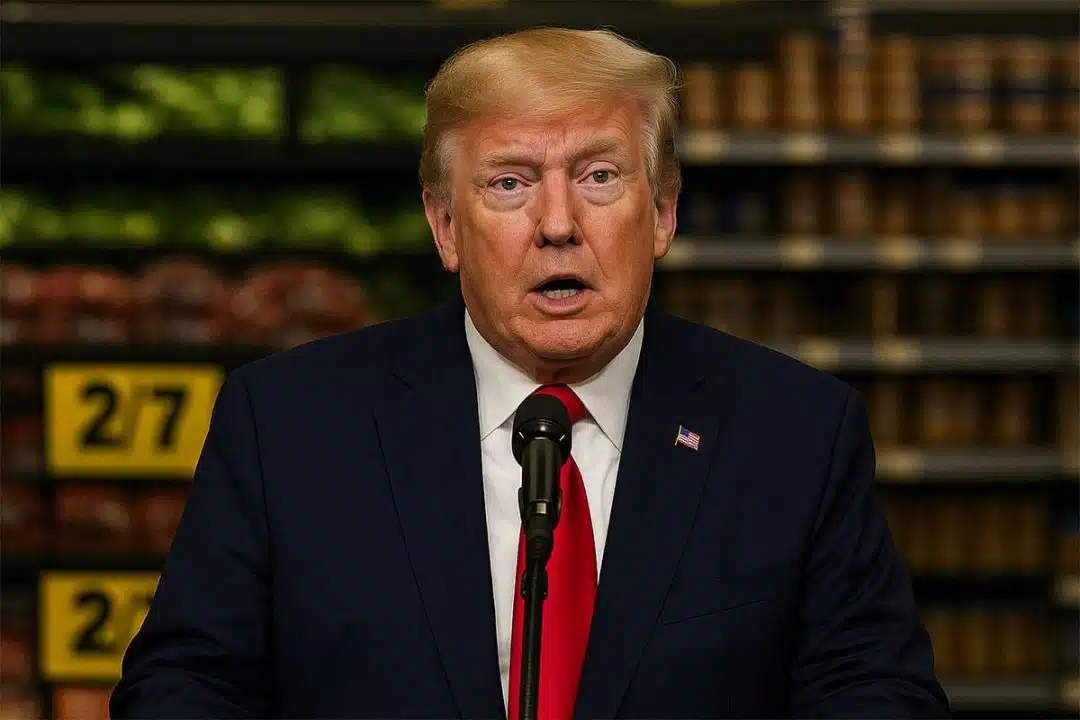The White House has announced a major federal initiative to expand AI education and workforce training across the United States, alongside the publication of over 10,000 public comments on its AI Action Plan. The efforts are part of President Donald Trump’s broader push to secure American leadership in artificial intelligence.

The AI Action Plan, developed through a public Request for Information (RFI), received feedback from academia, industry, and state and local governments. The plan seeks to shape AI policy priorities and future federal investment strategies.
National focus on AI education and skills
On April 23, President Trump signed an Executive Order establishing a White House Task Force on Artificial Intelligence Education. The order outlines a sweeping strategy to integrate AI into K-12 schools, workforce training programs, and public-private partnerships.
“America is, and must remain, the global leader in AI technology,” said Michael Kratsios, Director of the Office of Science and Technology Policy (OSTP). “This generation-defining technology demands action from every level of government, business, and education.”
Key provisions of the executive order
- K-12 AI curriculum: New resources and public-private partnerships will deliver AI education materials within 180 days.
- Educator training: Federal agencies will fund professional development to help teachers integrate AI into classrooms.
- Presidential AI Challenge: A national competition will promote student and educator achievement in AI across regions and age groups.
- Registered apprenticeships: The Department of Labor will expand AI-focused apprenticeships and youth training opportunities.
- Dual enrollment and certifications: High school students will gain access to industry-recognized AI credentials and college credit.
Building an AI-ready workforce
The initiative emphasizes the importance of early exposure, lifelong learning, and equitable access to AI skills development. The Task Force, led by OSTP and involving key federal agencies, will coordinate implementation and report progress.
The plan also calls for expanding AI-related courses, certifications, and workforce training through the Workforce Innovation and Opportunity Act (WIOA) and other federal grants.
Public comments shape national AI strategy
The White House said the over 10,000 public comments submitted to the AI Action Plan RFI reflect the urgent interest in U.S. AI policy. Feedback touched on key issues like chip manufacturing, research priorities, data access, and workforce preparedness.
The Trump administration has made AI a core component of its national competitiveness agenda, framing education and workforce readiness as central to economic and security interests.

